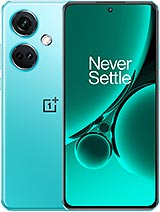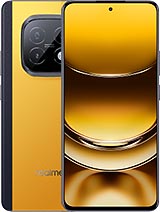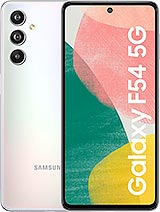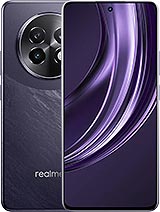Honor X7c alternatives
Tap above to see alternatives.
Vivo V50e alternatives
Tap above to see alternatives.
2x2.2 GHz Cortex-A78
6x1.95 GHz Cortex-A55
4x2.5 GHz Cortex-A78
4x2.0 GHz Cortex-A55
8GB 256GB (UFS 2.2)
f/1.8, (wide), PDAF
2 MP
f/2.4, (depth)
f/1.8, (wide), 1/1.95", 0.8µm, PDAF, OIS
8 MP
f/2.2, 116˚ (ultrawide)
1080p@60fps
f/2.2, (wide)
f/2.0, 22mm (wide), 1/2.76", 0.64µm, AF
1080p@60fps
SIM1: Nano, SIM2: Nano
9 5G bands
n1, n3, n5, n8, n26, n28, n40, n77, n78
In this performance comparison, the Vivo V50e with its Mediatek Dimensity 7300 (4nm) performs better than the Honor X7c with the Qualcomm Snapdragon 4 Gen 2 (4nm), thanks to superior chipset efficiency.
Vivo V50e offers 3 years of OS updates, while Honor X7c does not have confirmed OS update information. Vivo V50e receives 4 years of security updates, while Honor X7c does not have confirmed security update information.
Vivo V50e features a superior AMOLED display, while Honor X7c comes with an LCD panel. Both smartphones offer the same 120 Hz refresh rate. Vivo V50e also boasts a brighter screen with 1800 nits of peak brightness, enhancing outdoor visibility. Both phones have the same screen resolution.
Vivo V50e features a larger 5600 mAh battery, potentially delivering better battery life. Vivo V50e also supports faster wired charging at 90W, compared to 35W on Honor X7c.
Vivo V50e offers better protection against water and dust with an IP69 rating.
- Honor X7c – Check price here
- Vivo V50e – Check price here
¹ Scores can vary even with the same chipset due to RAM, thermals, and software optimization.












